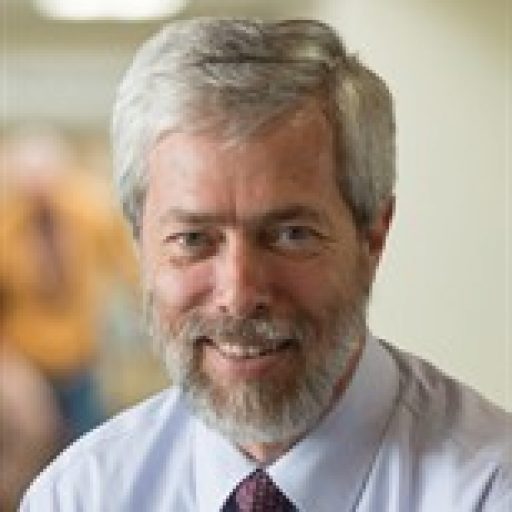Finding Rhythm and Focus
I am not sure who said it, but I heard this years ago – quite confident I got it from A.W.Tozer. While I am not certain of the source, I am confident of the wisdom that I got on this very point. The observation was made—I think by Tozer – that in our work we tend to fall into one of two traps. There are those who, Tozer observed, putter around. They go through their days doing things and tending to this, that or the other but they lack focus, energy and genuine engagement. They are going through the motions. As a rule the day comes to them. Meaning that they just do what comes up or whatever seems in the course of the day to merit their attention. But they are not thinking about what is important or strategic or essential to their contribution to the organization. They have time on their hands and often come across as very present to their colleagues or those they serve, which may well at the very least appear to be a good thing but which in the end is actually a problem: they are not engaged; they are not focused; they are not truly doing what needs to be done.
Tozer also observed that there is an equally problematic but seemingly opposite propensity: those who go through their days busy but they are busybodies. They are doing all kinds of things, moving from if not actually running from this to that to the other. But while they are busy they are not focused, while they are seemingly very engaged, they are just busy. No more. And while no doubt along the way they do at least some things that need to be done, the problem is that it is busy work that is not thoughtful, strategic, purposeful. That is, there is a lack of focus.
Just being busy with a full schedule does not mean we are doing good work or the right work. Surely the genius of those who do good work as the pattern and habit of their lives is that there is actually a leisured pace but a definite focus to their work. I think it is Thomas Merton who wrote in passing at one point that we do live and work in broken and conflicted world and that there will be times when there is no avoiding a frenetic catching up on a series of tasks that have fallen to us due to circumstances outside of our control. And that no doubt there will be times in which we catch ourselves staring at the wall or wondering the hall with little sense of purpose.
But, those are the exceptions. Neither of these is sustainable. Surely the grace we seek is that there is an order and meaning to our days; we tend to what needs tending. We ask the hard question: in this organization and at this time in its history, what is needed from me? what is the crucial priority for this time and this place? I do not need to do everything; I cannot fix everything; I cannot be all things to all people. We can say and we must say “no” to that which is not essential or strategic or necessary – because it does not need to be done or there are others better suited to take on that task. And we turn – speaking autobiographically, I turn: and I tend my work in a way that is focused on the most essential zones of my sphere of responsibility. And, may it be so, I do this with clarity and patience.
 Gordon T. Smith
Gordon T. Smith